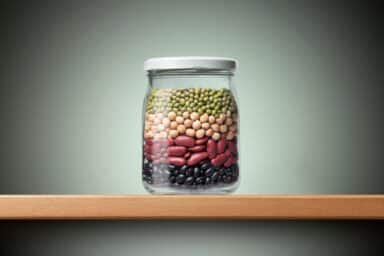

Food plays an important role in either supporting or undermining your physical and mental health. Learn about nutrition, making better choices, and how to maintain healthy eating habits while still enjoying food and life.
View FAQs




Tips to help you and your family eat delicious, healthy food on a tight budget

How focusing on the experience of eating can improve your diet



How fiber keeps you full, improves health, and aids weight loss
